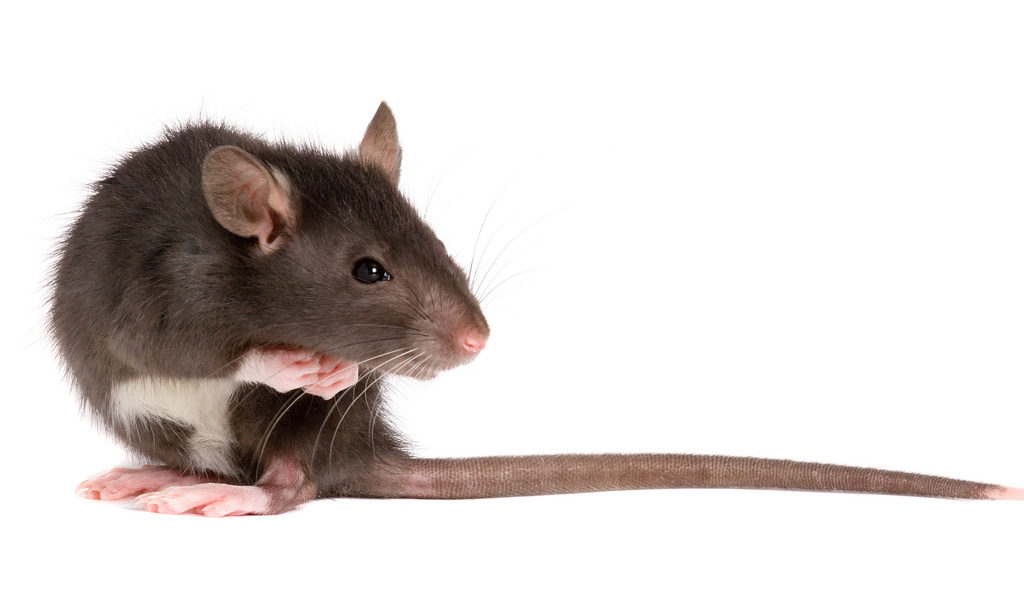
There are more than 35 diseases carried by rodents like rats and mice. It is very important that one must protect themselves from the infection or contamination while dealing with mice or rat infestation.
Diseases associated with rodents like rats and mice can be transmitted in a wide variety of ways as follows:
- Rat or mouse bites
- Rats or mouse scratches
- Rat or mouse urine or feces
- Contact with rat or mouse saliva
- Exposure to their hair, dander, droppings or other allergens
Diseases which are Directly Transmitted by Rats:
- Hantavirus Pulmonary Syndrome: This is a viral disease that is transmitted by the rat. This disease is spread in many ways: inhaling dust which includes rat urine or droppings, direct contact with their feces or urine, and due to their bite.
- Leptospirosis: This is a bacterial disease that can be transmitted by coming into contact with infected water by swimming etc., or by the contaminated drinking water. A person may be at increased risk of Leptospirosis infections if they are in contact with animals.
- Rat-bite Fever: This disease may be transmitted through a rat bite, scratch or even contact with a dead rat.
- Salmonellosis: This disease can occur by consuming food or water that is contaminated by rat feces bacteria.
Diseases which are Indirectly Transmitted by Rats:
- Plague: This disease is carried by rats and it is transmitted by fleas in the process where they enjoy blood meal.
- Colorado Tick Fever: This is a viral disease that is transmitted by the bite of a tick that has taken blood from a rat.
The universal early symptoms of these diseases include fatigue, fever and muscle aches in the thighs, hips, back and sometimes shoulders.
All the patients with these diseases experience symptoms like headaches, dizziness, chills, nausea, vomiting, diarrhea and abdominal pain. As the virus turns deadly, the fluid fills the lungs, causing coughing and shortness of breath where a person may even die.
Scientists believe that people can get the virus if they touch something which is contaminated with the rats infected urine, droppings or saliva, and then touch their nose or mouth.
Since these viruses can occur during any month and the risk of exposure is increased in all seasons.
Let us have a look at some of the evidence,
Santa Cruz Co. issues Hantavirus warning
Hantavirus pulmonary syndrome, more frequently known as HPS, is caused by a virus found in urine, droppings or saliva from wild rodents such as deer mice.
People typically contract the infection when entering or cleaning buildings and other enclosed places where mice are present. Small particles of urine or droppings get stirred up into the air and inhaled, leading to the infection.
The rapidly progressing symptoms include fever, headache and muscle aches followed by severe difficulty breathing and sometimes death. Following the identification of the syndrome in 1993, there have been more than 70 confirmed cases in California, roughly 30 percent of which turned fatal.
Mice-borne Hantavirus kills young mom; here’s what you need to know
A 27-year-old New Mexico mother has died after spending more than two months in ICU fighting a rare pulmonary disease caused by the mouse-borne hantavirus.
How Kiley Lane became exposed to the virus is a mystery.
Health officials in several states have issued cautions in recent weeks as people begin spring cleaning, which can increase the risk of exposure.
The hantavirus is spread through exposure to infected rodent droppings, typically from deer mice, which are found across the country and are responsible for most cases of infection in the United States and Canada.
It is rare. As of January 2017, 728 cases of hantavirus infection in 36 states have been reported, according to the Centers for Disease Control and Prevention. Thirty-six percent of the reported cases resulted in death.
At C Tech Corporation we make use of the mother nature’s gift of senses to these rodents in formulating an extremely low toxicity and extremely low hazard and environmental products which act as repellants and do not kill.
Our product in the form of liquid concentrate can be blended with paints and organic solvent and can be applied on any surface.
Our product in the form of lacquer can be applied as the topical application.
Our product in the spray form can be sprayed on the pest infested area.
The mechanism followed by our product is repellence, it affects their olfactory senses and prevents them from attacking the substrate and also does not aid in killing the target species. The product does not interfere with the working of the end application it is used in. It is stable at high temperatures; does not leach out or produce any toxic fumes and has a long shelf life.
The product is compliant with ROHS, ROHS2, ISO, REACH, APVMA, NEA, EU-BPR, and FIFRA exempted.
Contact us at technical.marketing@ctechcorporation.com if you’re facing problems with rodents and get best remedies to combat the pest menace.
Also, visit our websites:
http://www.ctechcorporation.com/
http://www.rodrepel.com/
http://www.termirepel.com/
http://www.combirepel.com/
Follow our Facebook pages at:
1] https://www.facebook.com/Combirepel-411710912249274/
2] https://www.facebook.com/Termirepel-104225413091251/
3] https://www.facebook.com/Rodrepel-120734974768048/
Follow us on our Twitter pages at:
1] https://twitter.com/rodrepel
2] https://twitter.com/termirepel
3] https://twitter.com/combirepel
